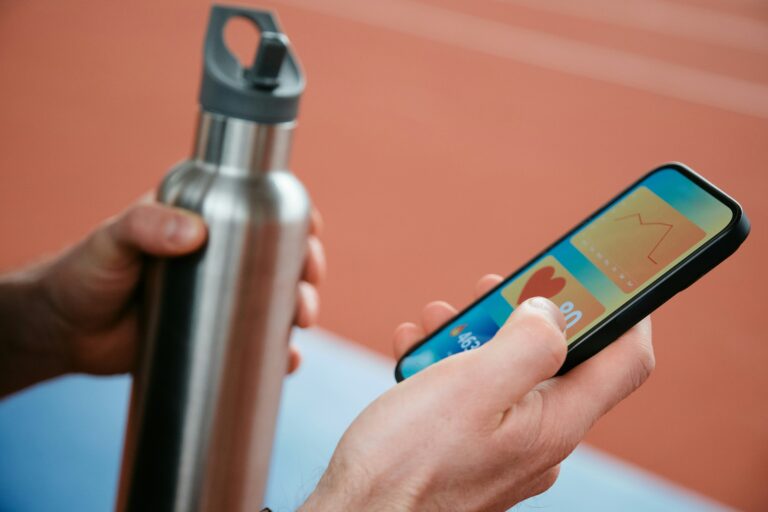Peloton officially entered connected strength training, unveiling Peloton Guide.
The AI-powered, motion-tracking camera hooks to a television, delivering live and on-demand workouts. Of note, the $495 bundle includes a heart rate-monitoring armband.
Announcing the product, Peloton pointed to key features, including:
- Machine learning-powered movement tracking and form feedback
- Class recommendations based on recent workouts
- Voice activation and hands-free controls
Smart strength. As we detailed in Issue No. 125, connected strength training is heating up.
- Tonal has raised $450M in all, valuing this AI-powered smart gym at $1.6B.
- Combining free weights and 3D sensors, Tempo has raised nearly $300M.
- Freeletics launched STÆDIUM, a game-based connected strength platform.
- Elsewhere, Arena, OxeFit, JAXJOX, and Carbon Trainer are also in the mix.
More recently, Tempo unveiled a $395 camera-based product launch in Tempo Move, and MIRROR will begin selling smart dumbbells and ankle weights.
While Tonal holds a commanding lead in the space, Peloton promised to compete. At last year’s Goldman Sachs Technology & Internet Conference, CEO John Foley said:
“We say we’re going to win strength. And we’re going to win strength… whether hardware is required or not.”
Punchline: For now, Peloton’s strength offering is more of an accessory than a full-blown product.
Going forward, look for Peloton to leverage Guide’s AI-tracking capabilities, extending motion tracking to other modalities while using it further to engage existing members. At the same time, it will serve as a low-cost entry point to the broader ecosystem.
Then, if they’re serious about strength, they’ll enter connected hardware, launching or acquiring new equipment.






